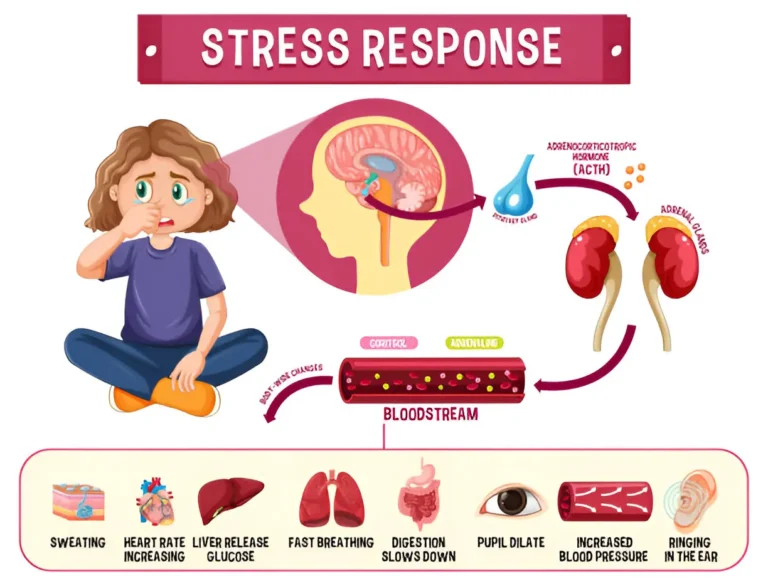Achieving Your Weight Loss Goals: Tips for Long-Term Success
Table of Contents
- Why Long-Term Success Matters in Weight Loss
- Setting Realistic and Achievable Goals
- Creating Healthy and Enjoyable Eating Patterns
- The Role of Physical Activity in Sustainable Weight Loss
- The Power of Support and Accountability
- Navigating Plateaus and Staying Motivated
- Tracking Progress and Celebrating Milestones
- When to Seek Professional Guidance
- Making Your Healthy Lifestyle Last a Lifetime
Why Long-Term Success Matters in Weight Loss
Many people experience the frustration of yo-yo dieting, where weight is lost and then regained within months or even weeks. The truth is that lasting weight loss is more than just hitting a number on the scale; it’s about creating habits that become a permanent part of your lifestyle. Short-term fixes can be tempting, but sustainable results require an investment in your overall health, not just temporary deprivation.
Choosing a weight loss center can offer valuable guidance and a structured approach to supporting these changes. Evidence-based centers provide the necessary resources, accountability, and personalized care that increase the chances of maintaining your success for years to come.
Quick fixes often target symptoms rather than root causes. Sustainable weight loss relies on shifting your mindset, building new routines, and learning how to adapt when faced with life’s challenges, whether it’s a holiday season, a busy work schedule, or emotional stress. Building a supportive network, both professionally and personally, helps to make these changes stick.
Research shows that the majority of people who lose weight regain it within five years, largely due to unrealistic goals or restrictive diets that aren’t maintainable over the long term. Shifting your focus to gradual and lasting transformation sets you up for genuine, lifelong health.
Setting Realistic and Achievable Goals
Setting the right goals is the first step in developing a successful weight loss plan. Using the “SMART” framework (Specific, Measurable, Achievable, Relevant, Time-bound) makes your intentions clear and trackable. For guidance on setting realistic and practical targets, resources like Healthline can be invaluable. For example, instead of aiming to “lose weight,” set a goal to “lose 10 pounds in three months” by making specific diet changes and adding a weekly exercise routine.
Real-life examples might include committing to three additional servings of vegetables each day, walking for 20 minutes after dinner, or reducing sugary drinks to once a week. These targets are realistic, measurable, and give you confidence as you see progress.
Creating Healthy and Enjoyable Eating Patterns
Building lasting dietary habits centers on finding patterns you enjoy and can stick with over time. Focus on balance: include a variety of whole foods, such as vegetables, fruits, lean proteins, whole grains, and healthy fats. Planning meals ahead and preparing snacks helps prevent unhealthy choices when you’re hungry or in a hurry.
Cravings are regular, but you can manage them by identifying triggers and having healthier alternatives ready. Sometimes, practicing mindful eating—paying attention to taste, texture, and hunger cues can help reduce overeating and strengthen your connection with food.
The Role of Physical Activity in Sustainable Weight Loss
Integrating regular movement into your routine plays a significant role in shedding pounds and maintaining weight loss. Physical activity doesn’t necessarily mean hours at the gym; it can be as simple as walking, swimming, cycling, dancing, or even engaging in active housework. Selecting activities that fit your lifestyle makes consistency much easier. According to the Mayo Clinic, even moderate, regular exercise can provide significant health benefits, from supporting weight management to enhancing cardiovascular health.
Beyond helping manage weight, regular movement also improves mood, reduces stress, and supports sleep, which are crucial aspects of a healthy journey. Aim for at least 150 minutes per week of moderate exercise, and focus on activities that you genuinely enjoy to make the habit sustainable.
The Power of Support and Accountability
Successful long-term weight loss often involves the help of others. Involving family, friends, or joining a group provides encouragement and accountability. Share your goals with supportive people—they can motivate you, celebrate wins, and help you get back on track after setbacks.
Online communities, in-person meetings, or even professional counseling can offer structure and foster a sense of belonging. Sometimes, just knowing someone else cares about your progress makes all the difference in persevering through challenging times.
Navigating Plateaus and Staying Motivated
Plateaus are a regular part of every weight loss journey. When weight loss slows or stops, it doesn’t mean failure. It’s often your body adapting to new behaviors. At these times, reassess your routines, try new activities, adjust your calorie intake, or seek advice from a health professional.
Maintain motivation by revisiting your goals, visualizing success, or rewarding yourself with non-food treats (like a movie night or new workout gear). Tracking positive changes in energy, mood, and fitness can keep you focused even when the scale isn’t moving.
Tracking Progress and Celebrating Milestones
Progress is about more than pounds lost. Track improvements in energy, sleep quality, mood, fitness levels, or how your clothes fit. Journaling, food diaries, progress photos, and step trackers can reveal patterns and motivate you to continue.
Celebrate every milestone, no matter how small. Recognizing achievements creates positive feedback, inspires perseverance, and reinforces your commitment to healthier living.
When to Seek Professional Guidance
There are times when extra support is vital. Signs you may benefit from professional guidance include frequent plateaus, emotional eating, medical concerns, or trouble forming new habits. A registered dietitian, doctor, or counselor can personalize your strategy and help address obstacles.
Making Your Healthy Lifestyle Last a Lifetime
The ultimate goal is long-term well-being, not just a temporary result. Focus on your journey, embrace flexibility, and celebrate progress no matter how gradual. Adapt to life’s changes, show compassion to yourself, and remember—the true reward is a healthier, happier you that lasts.
Read more: Plumbing Repair & Installation: Smart Solutions » Dunkin Donuts
Practical Strategies for Managing Migraine Triggers In Everyday Life » Dunkin Donuts






